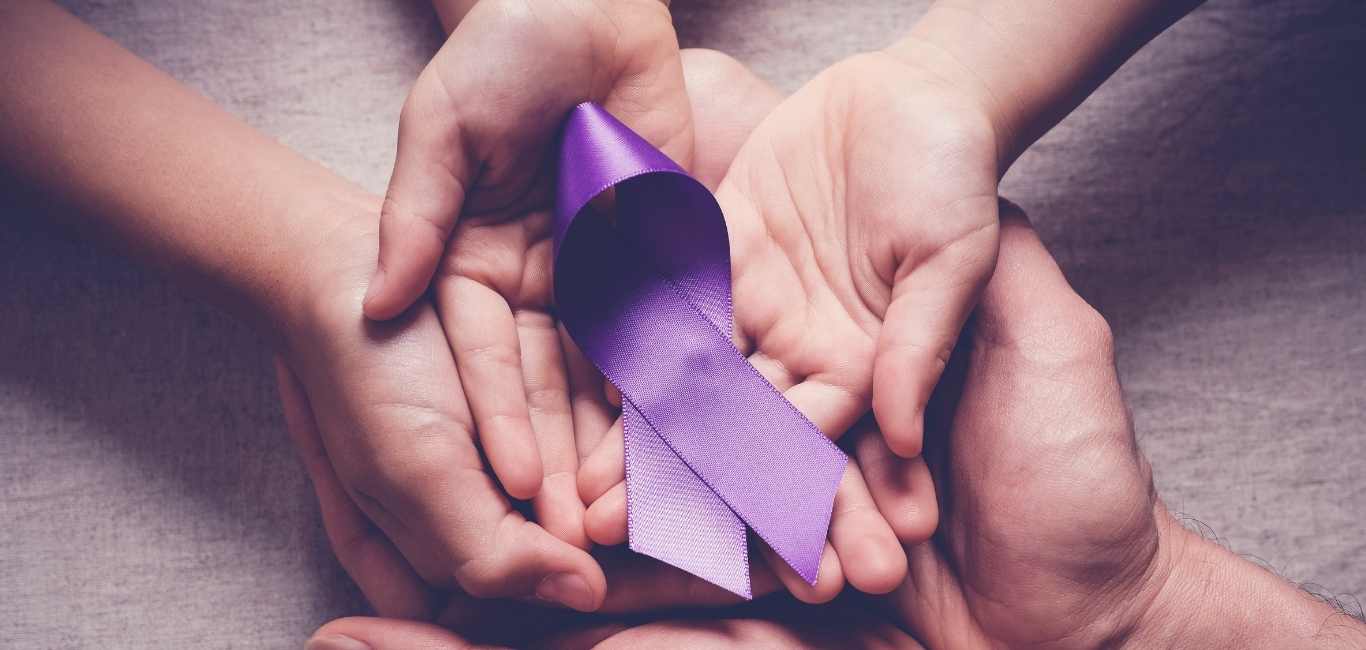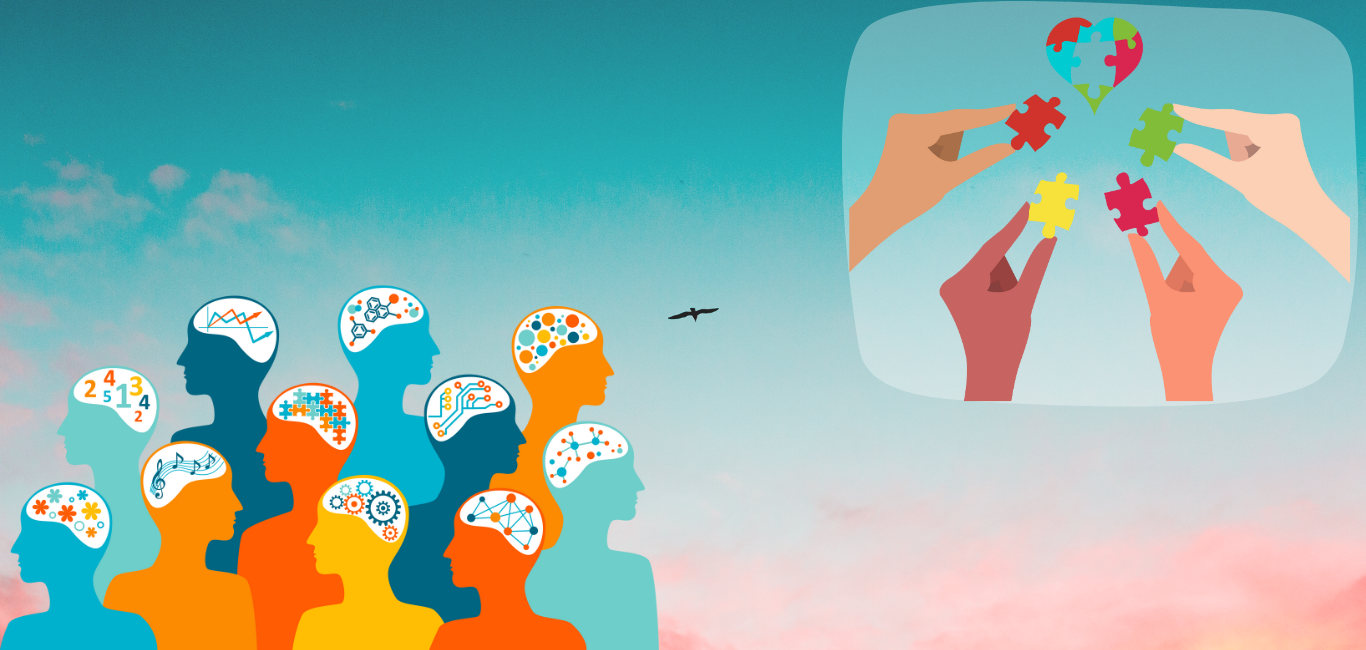
Just as an electrical short circuit throws a city into disarray, sudden electrical discharge in the brain messes the body’s coordination and consciousness. When such electrical surges happen in the brain, they can lead to seizures and epilepsy.
While it is challenging to detect such electrical anomalies in adults, it is even more tricky to diagnose it in infants and children as they cannot communicate or express their distress. Moreover, several neurological symptoms go unnoticed in children as they overlap with their growth milestones.
For example, is it not surprising that smiling and laughing – two essential growth milestones — could sometimes camouflage the onset of a seizure? It happened so to a three-month-old male child, shares Dr Shabari Girishan, consultant- epilepsy and functional neurosurgery, at Ramaiah Memorial Hospitals, Bengaluru.
Smiles could hide seizures in children
Occasionally, when neuronal activity in the brain is disrupted, it affects the facial muscles. A smile, for example, is a universal expression of happiness. Dr Girishan says the baby would smile and laugh frequently without a trigger or reason. The infant would have a prolonged smile as a result of the underlying situation, unaware of this, the boy’s parents misinterpreted the smiling as a joyous episode.
But a year later, the parents’ joy turned to concern when the boy experienced episodes of fainting and jerky limb movements. Neurologists diagnosed it as an underlying condition of paediatric epileptic seizures.
Early signs of childhood seizure
Dr Girishan says not all baby smiles are early signs of paediatric epilepsy; however, identifying the pattern of their smiles can help in treating them in time for epileptic seizures,
He says they are very rare incidents and occur in a distinct pattern. “When babies smile for no reason, without a situation which gives them laughter, and then they still keep smiling and laughing” – that is a pattern to notice, he explains.
Moreover, if the smile is accompanied by jerky body movements, loss of consciousness or staring, then it indicates the progression to a full-fledged seizure, the expert points out.
Seizure, epilepsy are different
Seizures are the symptoms of epilepsy, where the body shows jerky and uncontrolled movements, loss of consciousness, staring spells and experience of aura. This happens due to a sudden glitch in signal transmission between neurons in the brain.
A sudden surge of electric activities in one or more parts of the brain, disrupting the normal flow signals, triggers seizures in an individual. Different factors Seizures can be prompted by different factors, such as high fever, changes in blood sugar levels, alcohol or drug withdrawal or a brain concussion.
However, epileptic seizures are different, explains Dr Girishan. “When a person has two or more episodes of unprovoked seizures [without a specific reason] it is called epilepsy.

When medicines do not help
A brain scan and a detailed examination revealed the child had epilepsy, recalls Dr Girishan. He was immediately put on medication. However, the child developed drug-refractory epilepsy — a condition where medicines become ineffective, and the condition began to worsen.
The mother began noticing behavioural changes by the time he turned 4: he became aggressive and was showing physical changes beyond his age.
When the doctors performed another MRI scan, they found a non-cancerous tissue growth due to a development anomaly called hypothalamic hamartoma in the hypothalamus region of the child’s brain.
“The hypothalamus is the controlling switch for the pituitary,” says Dr Girishan. If there is a tumour growth in this region, it interferes with the pituitary’s endocrine hormone production. This causes development of secondary sexual characteristics very early in age, like a moustache, excessive hair growth, muscle growth, short stature and oversized genitalia, he adds.
Children can get seizures due to factor such as these: an imbalance of neurotransmitters; stroke; brain damage due to illness or injury; and adverse reaction to medication. However, Dr Girishan says, “The hypothalamic hamartoma [tumour] is a major factor.”
Treatment options for paediatric epilepsy
- Brain surgery
- Responsive neurostimulation
- Deep brain stimulation
- Vagus nerve stimulation
Surgery could help treat childhood seizures
Repeated seizure episodes in childhood leave a long-term effect on the growth and development of a child’s brain. As a result, the baby is at risk of permanent neurologic, psychosocial, and cognitive impairment. Stressing that controlling childhood seizures is imperative, Dr Girishan says one effective method is surgery.
Surgery, he says, stops the damage from spreading from the seizure centre to other parts of the brain. A child’s brain will still be developing and as such there is constant formation, elimination and refining of neuronal connections. These factors work in favour of surgery. “The chances of recovery after a surgery are high in children due to a high plasticity” of their brains, Dr Girishan says.
Recalling the child’s condition, he says that after a thorough examination and screening, the tumour was removed from the boy’s brain. He was put on hormonal therapy under the supervision of an endocrinologist.
At a follow-up after a year, the child was seizure-free and his quality of life had improved, says Dr Girishan.
All you need to know about: Epilepsy & seizure

















